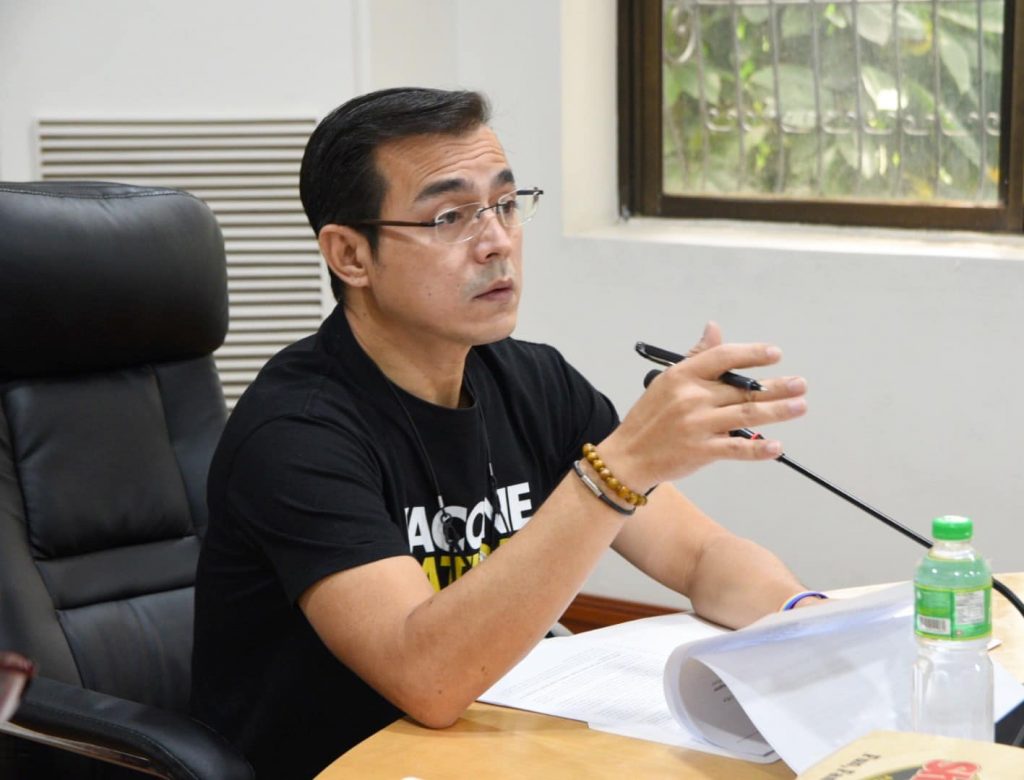News
Party-list system no longer serves marginalized sector: Isko

MANILA – The party-list system is no longer responsive to the needs of the marginalized and has to be revisited, presidential aspirant Manila Mayor Francisco “Isko Moreno” Domagoso said.
In an interview Wednesday at his campaign sortie in Marikina City, Domagoso said the system seemed to be working for the rich and not the poor.
“Ang nangyayari ngayon, ang mga nagiging party-list ay mga mayayaman na, hindi na ‘yung mga sector na nangangailangan talaga ng tulong (What is happening now is that the party-list system has become a party-list for the rich and not for the sector that truly needs help),” Domagoso said. “Eh pano ngayon ‘yung mga magsasaka, mga mangingisda, mga urban poor, paano sila (How about the farmers, the fishermen, the urban poor)?”
Republic Act 7941 or the Party-List System Act was signed into law to promote proportional representation in the election of representatives to the House of Representatives.
This should “enable Filipino citizens belonging to the marginalized and underrepresented sectors, organizations and parties, and who lack well-defined political constituencies but who could contribute to the formulation and enactment of appropriate legislation that will benefit the nation as a whole, to become members of the House of Representatives”.
Domagoso said this no longer holds true, as party-list groups who are for the poor are “fading away” and replaced by moneyed individuals.
“Unti unti na silang nag pe-fade away kasi gumagana na ‘yung salapi ng mga mayayamang indibidwal na ginagamit at pinalulusutan ‘yung sistema ng partylist (They are slowly fading away because moneyed individuals work around the system),” he said.
Two-party system
Domagoso is also seeking for a return of the two-party political system in the country, saying it allows a more harmonious working relationship between the elected president and the vice president.
“Ang problema ‘pag nagiging VP ay kalaban, wala ng ginawa for the past five years kundi awayin ng awayin ‘yung presidente, kontrahin ng kontrahin ‘yung presidente, kahit wala na sa lugar, dahil lang sa politika o baka sa personal na intensyon lamang sa kanyang poilitical growth. So hindi siya nakakatulong sa tao, nakakakunsumi pa siya (The problem with a vice president [that does not belong to the same party as the president] is that the VP becomes an ‘enemy’ who keeps on going against the president just because of politics. Such act doesn’t help the people.)”
Under a two-party system, the electorate gives its votes to only two major parties in which one of the other party can win a majority in the legislature.
The Philippines currently has a multi-party system with numerous political parties. But back in the 1960s, the Philippines had a two-party system with politicians joining either the Liberal Party or the Nacionalista Party.
“Napapanahon na siguro na rebisahin, bisitahin, at tingnan natin, ano ang mga safety measures na pwedeng ikabit sa party-list system, senate, and president, and vice president (Maybe it’s high time to review and look at the safety measures that can be applied to the party-list system, the Senate, the president and the vice-president),” Domagoso said.





















